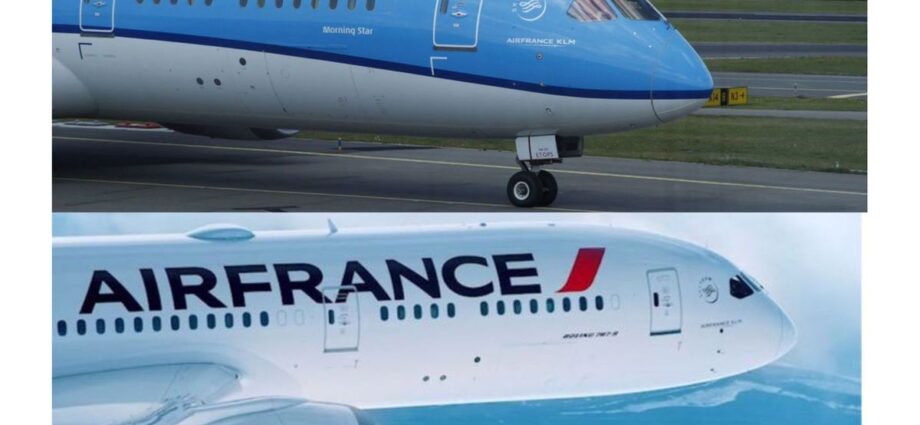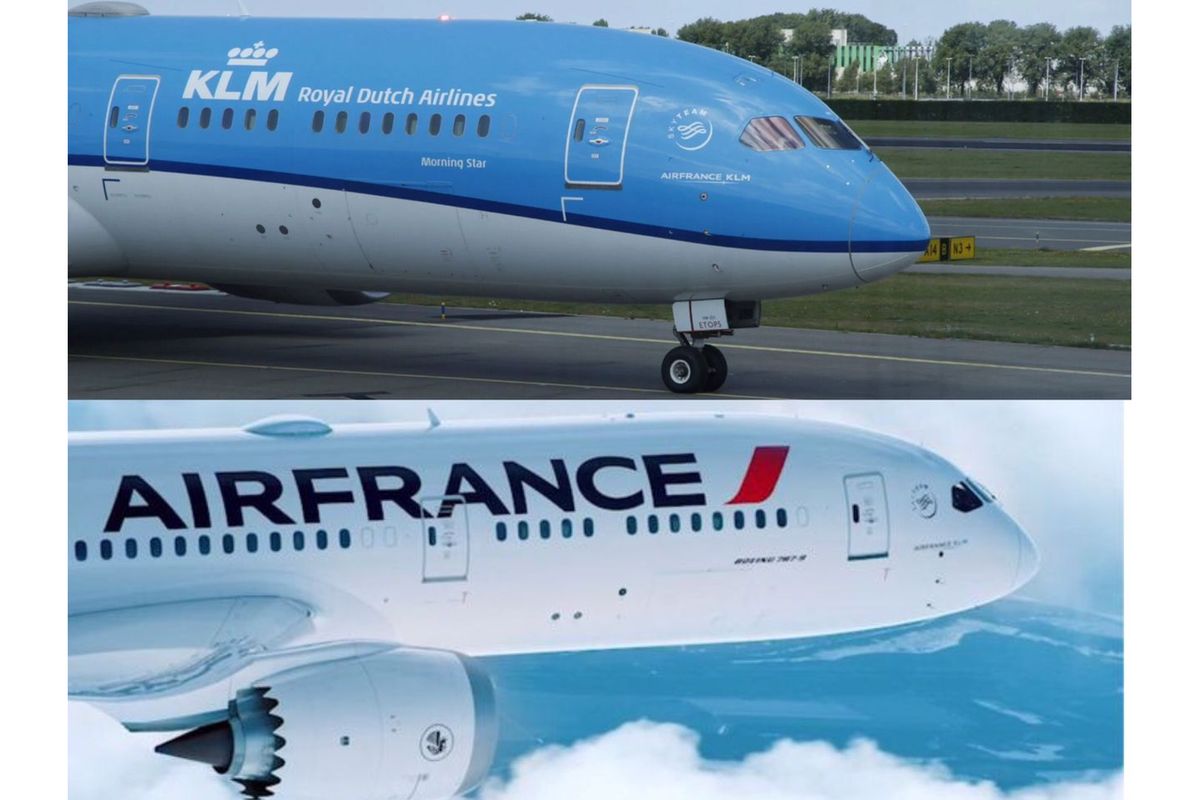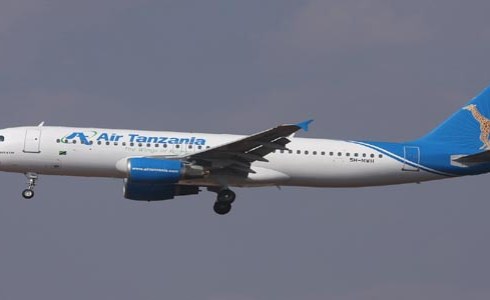At the turn of the year, Air France and the Royal Dutch Airlines, KLM were faced with a major decision to make – to either sign with the Zanzibar Airports Authority’s (ZAA) preferred ground handler Dnata Zanzibar or move out of Terminal 3 at Abeid Amani Karume International Airport (AAKIA).
Earlier on, in a notice dated September 14, ZAA had set January 19 as the deadline for all International airlines to either move to Terminal 2 or sign with Dnata Zanzibar.
The two airlines did neither.
They were not ready to oblige to the notice, as a result they sought to reverse the situation through the regulator but TCAA advised that their issue was being dealt with at a ministerial level.
With the clock ticking away, and the January 19, deadline fast approaching the two airlines were threatening to withdraw from Zanzibar and later cancel the inauguration of Air France flights to Dar es Salaam.
To date, whereas the other ground handler ZAT was thrown out of Terminal 3, the two airlines handled by Transworld still fly into Zanzibar’s Abeid Amani Karume International Airport operating three weekly flights each using Terminal Three building
Intervention
It has, however, emerged, that the Netherland and France sought a diplomatic solution to a standoff at the Abeid Aman Karume International Airport, warning that it could disrupt Air France and KLM flights into Zanzibar, and later Dar es Salaam.
The Dutch and France embassies in Tanzania have wrote to the government over the granting Dnata exclusive ground handling rights at the airport’s new Terminal 3 building.
In their joint official letter to the foreign ministry, ambassadors of the two countries revealed Air France and KLM woul cancel flights to Zanzibar and suspend Air France’s June 2023 inaugural flight launch to the Julius Nyerere International Airport, Dar es Salaam should the impasse not be amicably resolved.
The two foreign airlines have declined to work with Dnata Zanzibar as instructed by ZAA in its September 14 notice and also insisted on operating from Terminal 3, failure of which they could suspend operations in the country.
The letter by the embassies, a copy of which The Citizen has seen, was dated January 16, 2023 and copied to various ministries and entities on both sides of the union, the envoys cite security and insurance reasons for the airlines’ apprehension.
“We would like to point out that these changes will severely impact the joint operations of Air France and KLM in Zanzibar due to security and insurance issues and will result in suspending of flights to Zanzibar, and as well in June 2023 the opening of Air France flights into the Julius Nyerere International Airport,” wrote the two ambassadors.
They cite developments that have taken place since September 14, 2022, when Zanzibar Airports Authority (ZAA) demanded that all International Airlines flying into the Isles register with Dnata.
However, KLM and Air France protested the decision and informed the Tanzania Civil Aviation Authority (TCAA) that they would not change their ground handler over an existing binding contract.
The two airlines further indicated they would continue operating from the new terminal 3 and not the old terminal 2 as ordered by the authorities. The current ground handler for KLM and Air France is Transworld Aviation Limited which is also has a Class II concession by ZAA, approved by TCAA.
The airlines started operating from terminal 3 in October 2021.
In his short remarks to The Citizen, Prof Mbarawa said such communications go through the foreign affairs docket and referred further queries to relevant authorities in Zanzibar.
“Letters that come from diplomatic missions pass through the ministry of foreign affairs. As I speak I have not received that letter. Regarding that matter, why don’t you go to Zanzibar,” Prof Mbarawa wrote in his SMS/WhatsApp reply.
But confidential sources within the ministries confirmed there has been exchanges within government about the issue by the two ministers on both sides of the Union, adding there is every possibility that it has now been escalated to levels as high as the cabinet.
The Tanzania Civil Aviation Authority Director General Hamza Johari, too, denied having received any such a letter as he was out of the country.
Apparently, it is a letter that nobody wants to own after Zanzibar’s Minister of Works, Communication and Transport Dr Khalid Mohammed declined to comment on the steps they have taken to address the airlines concern.
“This is not the right moment to speak about these issues, call me later,” he said as he hanged up, calls and messages were not answered.
When reached for comment France’s deputy head of mission Axel-David Guillon on the other hand declined to give details on the letter saying he could neither deny nor confirm that his embassy sent the letter to government.
“We do not meddle in any private matters concerning private businesses. But, as per our diplomatic mandate, we do send notices to the government concerning various issues. However, I can neither confirm nor deny whether we sent a letter to the Tanzanian government regarding the Dnata issue,” Mr Guillon told The Citizen
On their part, Trans World Aviation Limited admitted to receiving verbal notification by the two airlines’ representatives of any eventualities.
An interviewee at the company who wished to remain anonymous said the impasse would severely impact their business. The Citizen can confirm that Air France executives were in the country over the weekend to meet its ground handlers.
But even with the September 14, 2022, notice still standing, and authorities adamant that whoever wants to use Terminal 3 has to do so under Dnata, it remains unclear whether ZAA bowed to the two airlines’ demand.
In another development, the High Court in Dar es Salaam on Thursday, struck out an application in which Transworld Aviation, a ground handler at the Abeid Aman Karume International Airport was seeking permission to sue the Tanzania Civil Aviation Authority (TCAA).
The company filed an application in the court requesting for permission to open a judicial review against TCAA’s decision to approve the agreement between the Zanzibar Airports Authority (ZAA) and Dnata Zanzibar Aviation Services Company Limited.















